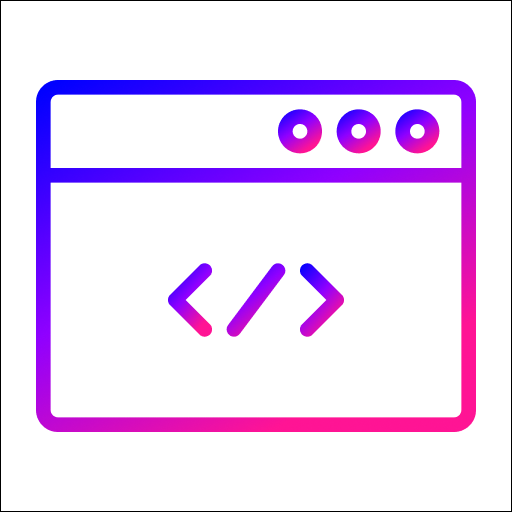Angular Development Services We Provide

Custom Angular Application Development
Create bespoke Angular applications tailored to your specific business needs, ensuring high performance, scalability, and seamless user experiences.

Enterprise Angular Solutions
Deliver robust and scalable Angular solutions designed to meet the complex requirements of enterprises, ensuring efficiency, reliability, and business growth.

Angular Web Development
Develop dynamic, responsive, and feature-rich web applications using Angular, focusing on user experience, performance, and maintainability.

Angular Mobile App Development
Build sophisticated mobile applications with Angular, ensuring compatibility, high performance, and seamless integration with mobile platforms.

Angular Single Page Applications (SPAs)
Create fast, responsive, and interactive single-page applications using Angular, providing a smooth and engaging user experience.


Why Choose Byte Burst for Angular Development
Expertise
Our experienced Angular developers have a deep understanding of the framework, allowing us to create high-performance, scalable, and responsive applications tailored to your business needs.
Commitment to Quality
We prioritize quality in every aspect of development, ensuring that our Angular solutions adhere to best practices, security standards, and performance optimization techniques.
Agile Approach
Our agile development methodology enables us to adapt quickly to changing requirements, deliver incremental value, and ensure timely delivery of Angular projects.
Collaborative Partnership
We view our clients as partners and work closely with them throughout the development process, ensuring transparency, communication, and alignment with their goals and objectives.
Benefits Of Using Angular
for Software
Development
Angular provides a modern architecture and robust tooling, enhancing developer
productivity and accelerating time-to-market,
while its extensive community support
and
security features ensure the development of scalable and secure applications.
Modern Architecture
Angular follows a component-based architecture, allowing for the creation of modular and reusable components, leading to more maintainable and scalable codebases.
Enhanced Productivity
Angular's CLI (Command Line Interface) and extensive tooling streamline development tasks, such as scaffolding, testing, and deployment, resulting in increased developer productivity and faster time-to-market.
Two-Way Data Binding
Angular's two-way data binding feature automatically synchronizes data between the model and the view, reducing the need for manual DOM manipulation and making it easier to manage application state.
Frequently Asked Questions
Angular is a popular open-source web application framework maintained by Google. It provides a robust architecture for building dynamic, single-page web applications (SPAs) with features like two-way data binding and component-based architecture.
Angular offers features such as declarative templates, dependency injection, and routing, making it easier to build scalable and maintainable web applications. Its extensive tooling, including the Angular CLI, simplifies development tasks.
Yes, Angular is well-suited for building large-scale applications due to its modular architecture, which promotes code organization and reusability. Additionally, Angular's dependency injection and built-in testing support facilitate the development of complex applications.
Angular, React, and Vue.js are all popular choices for front-end development, each with its own strengths and weaknesses. Angular offers a more opinionated framework with robust features out of the box, while React and Vue.js provide more flexibility and are easier to integrate into existing projects.
AngularJS (also known as Angular 1) is the original version of the framework, while Angular (or Angular 2+) is a complete rewrite with a focus on modern web development practices. Angular offers improved performance, better support for mobile development, and a more modular architecture compared to AngularJS.
To get started with Angular development, you can follow the official Angular documentation and tutorials, as well as explore online resources such as guides, videos, and community forums. Additionally, the Angular CLI provides a quick and easy way to scaffold new projects and generate components.

